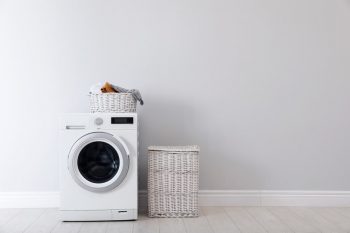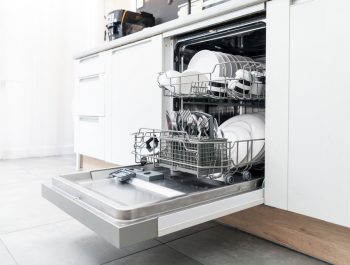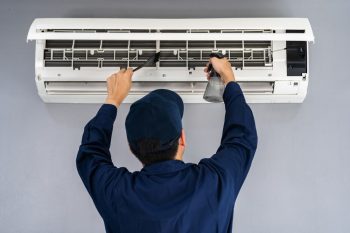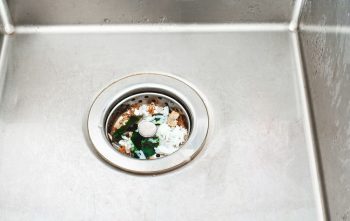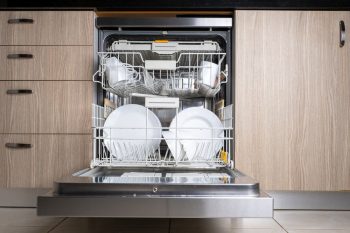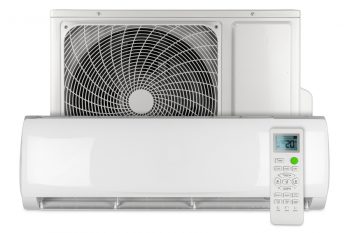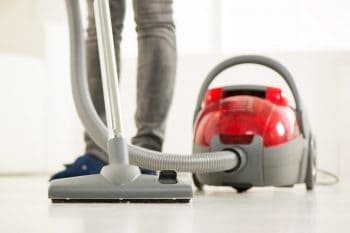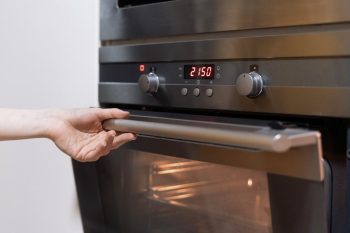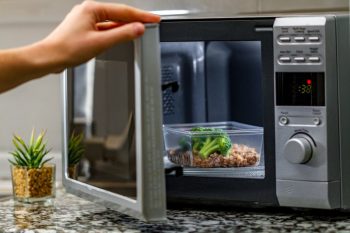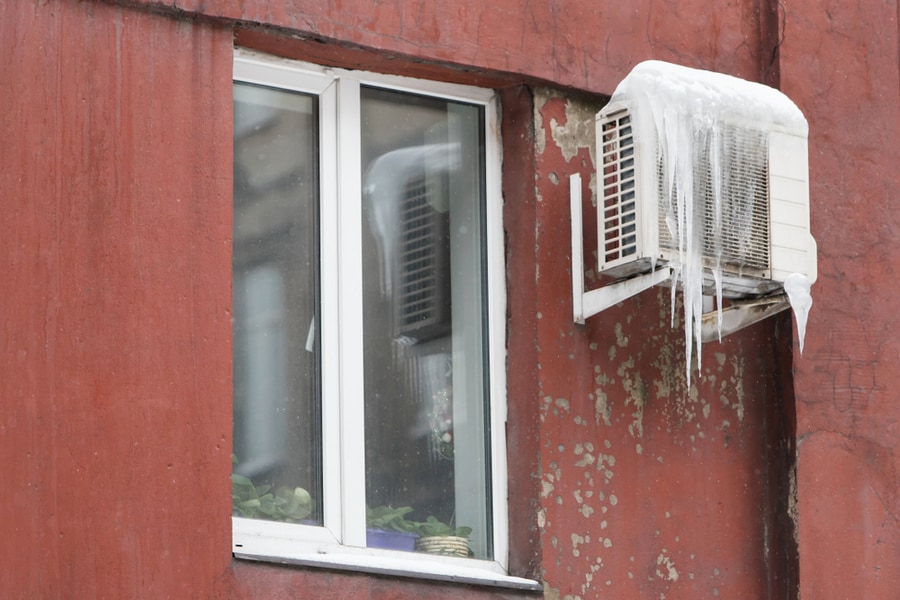
Are you facing heavy snow storms in your area? Are you encountering issues with your HVAC unit’s heating and suspect it is due to snow and ice? We got you.
Since HVAC units are placed outside, they can often accumulate dust and leaves in the autumn and summer. It is not difficult to clean them up with a blower. However, the real challenge in maintaining your HVAC units comes in the winter.
Winters are characterized by heavy snowfall and thick ice formation. Everything outside your house becomes white, all covered in a heavy sheet of snow, including your HVAC system.
Since water and ice are enemies of electrical appliances, they can cause severe damage to your HVAC unit. Likewise, if care is not taken, the snow storms can cause considerable damage to your air conditioning system.
The damage to the units is not easy to correct. Each repair can cost you a big sum of money. Sometimes, the damage can be so severe that it will require a replacement of the HVAC unit.
We have got you some amazing tips and tricks to protect you from any such problem. These tips will protect your HVAC system and your home against any accident.
To protect your HVAC system from any damage due to snow and ice, you can take the following measures:
- First, prevent the buildup of ice and snow.
- Second, clear the air intake vent regularly.
- Third, clear the exhaust in case it is blocked.
- Fourth, invest in a protective system around the unit.
- Finally, cover the outdoor HVAC unit.
This article will highlight the top 5 ways to protect your HVAC units against the harmful effects of ice and snow.
5 Ways To Protect Your HVAC System From Snow and Ice
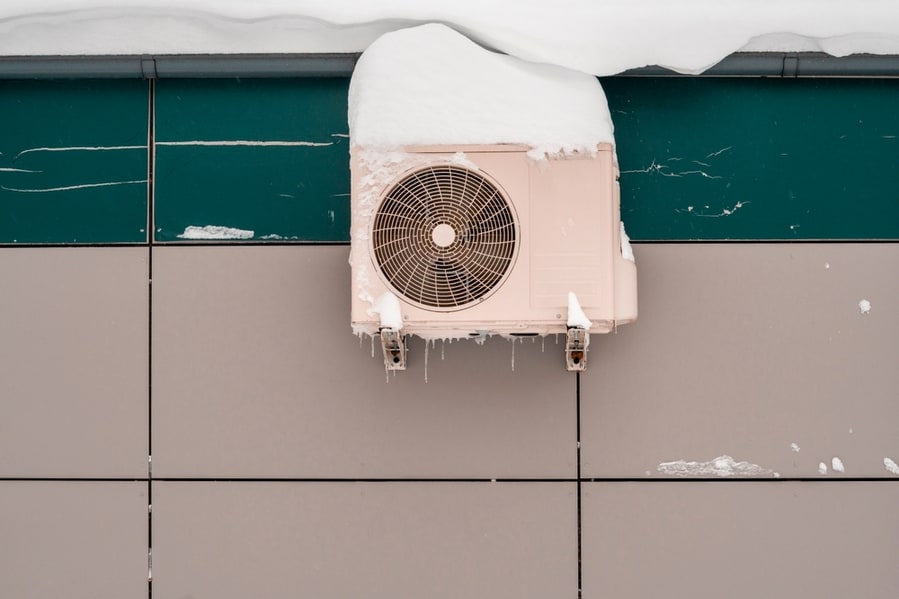
Since HVAC units are built outdoors, manufacturers ensure they can withstand any harsh climate. However, being sensitive machinery, your HVAC systems still require protocols to work at their best. If preventive measures are not taken, it can reduce the working capacity of the HVAC units.
Snow and ice can be big foes of your HVAC units. They can damage the unit’s sensitive coils, affecting the machine’s efficiency. Moreover, it can also reduce the unit’s life if not treated properly.
To protect your HVAC units, you can take measured steps to save them against harmful weather effects. Below, we have explained five major preventive tips for protecting your HVAC system against ice and snow.
1. Prevent Build Up of Ice and Snow
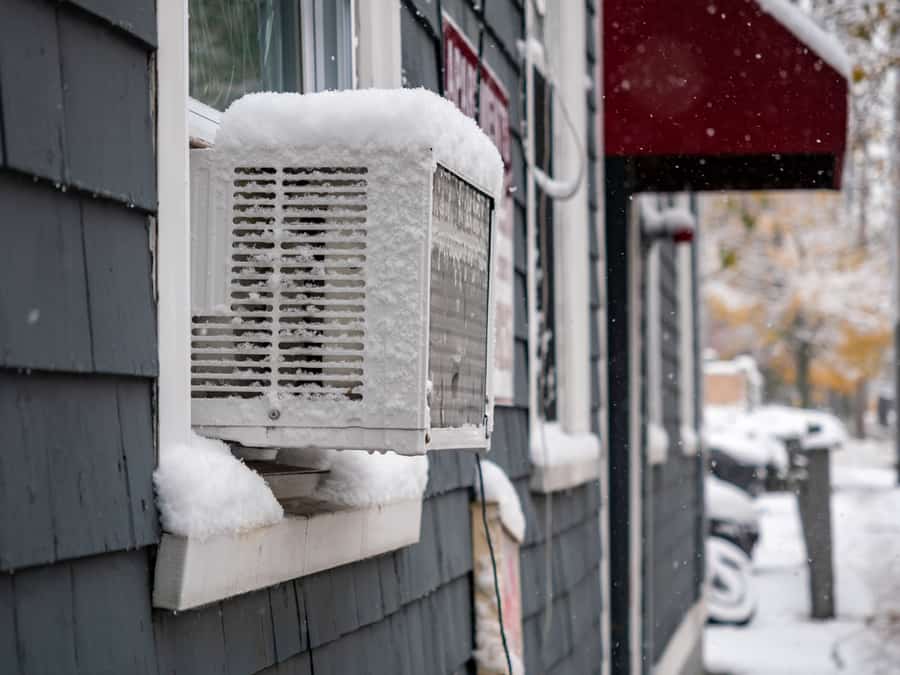
Since you need your HVAC system in the winter to warm up your home, you don’t want to put it on standby.
Due to ice and snowfall in winter, a large heap of snow can also form around the outdoor HVAC system. This snow will surround your unit and cause its freezing and shut down.
The pipes can also start to freeze hence resulting in plumbing issues. Eventually, your home will not heat up.
Clearing up the ice around the unit can be a daunting and expensive task.
Also, you will need a sharp object to clear the ice, which may also hit the sensitive covering of the HVAC system, causing serious damage.
For that reason, it is always advised to regularly clear the ice and snow freezing over the HVAC unit. In addition, you must take a look at your outdoor HVAC system after every snowstorm.
If you notice the snow level rising above 18 inches, you must clear it immediately. Ensure the top and sides of the HVAC system are left uncovered and not frozen.
Do not use a sharp object to clear the ice around your HVAC unit. The sharp blades can accidentally hit the unit and can cause damage to it.
After clearing the top layers with a shovel, you can use a plastic spatula to carefully scrape off the snow on the surface of the HVAC unit.
2. Clear the Air Intake Vent
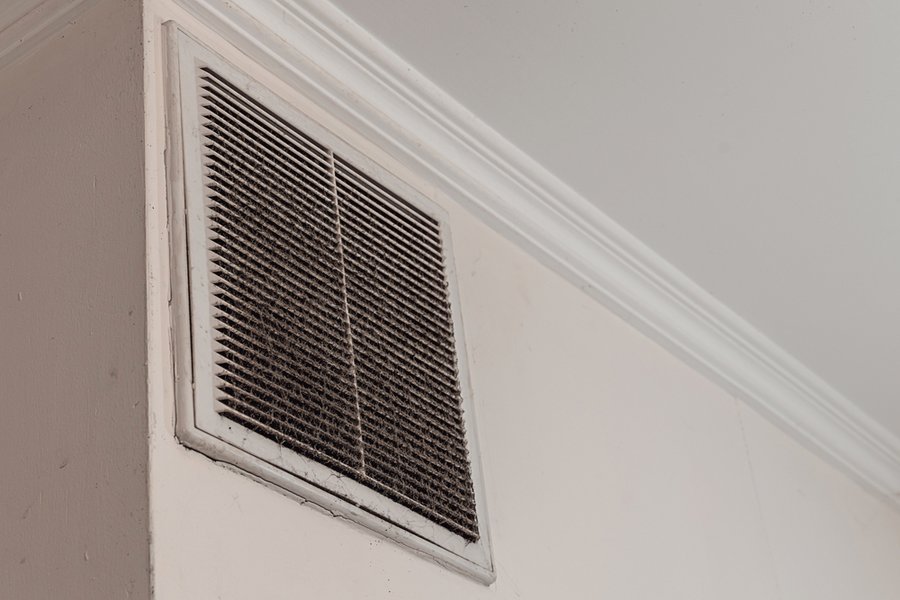
The function of an air intake vent is to collect the air from the room and send it to your HVAC system. This air is then cooled or heated up, as per the requirement, and returned to keep your place at the desired temperature.
Sometimes, you might notice your furnace ceasing to work on turning on the heating mode. To solve the problem, the first step you should take is to examine the air intake vent. If the ice or any other object is covering the air intake vent of the HVAC unit, you must clear it as early as possible.
Although the HVAC system is built to bear the seasonal effects of rain and snow, it still needs some maintenance to work at its best. It might seem hard work to clean the snow from your unit, but it can pay you off greatly in the future by offering your AC unit a high efficiency and long life.
3. Unblock the Exhaust
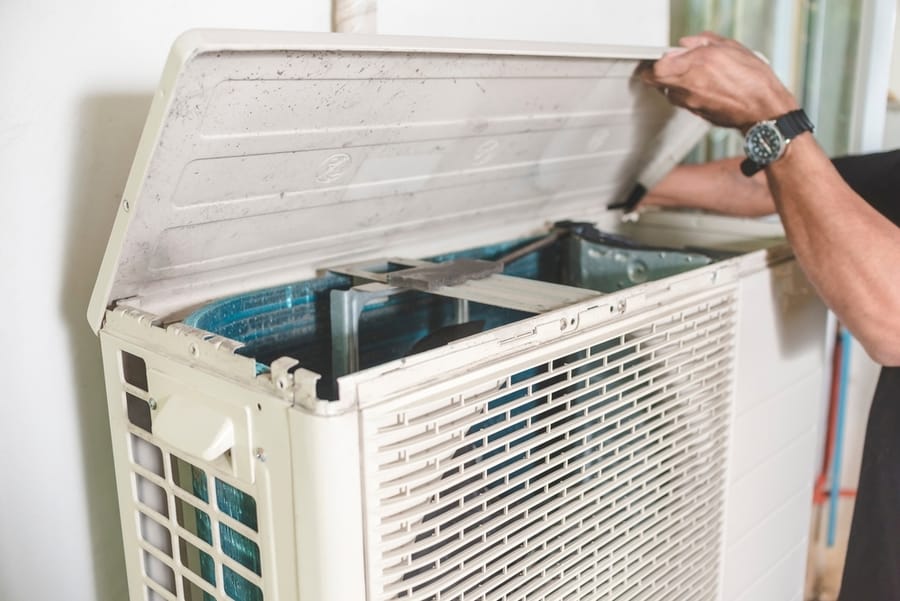
You know how dangerous it is if the exhaust fumes are blocked in your home. We all want our homes to be properly ventilated; in the same way, we must allow our HVAC unit to enjoy the fresh air.
Since snow can pile up and clog the HVAC unit’s exhaust, it will keep it from working properly. Moreover, a blocked exhaust will trap the carbon monoxide gas and leak it into the household air. This poisonous gas can be very detrimental to your health and lead to many breathing issues.
Many HVAC systems come up with built-in safety devices to avoid this from happening. However, prevention is always a good idea.
4. Get a Protective System
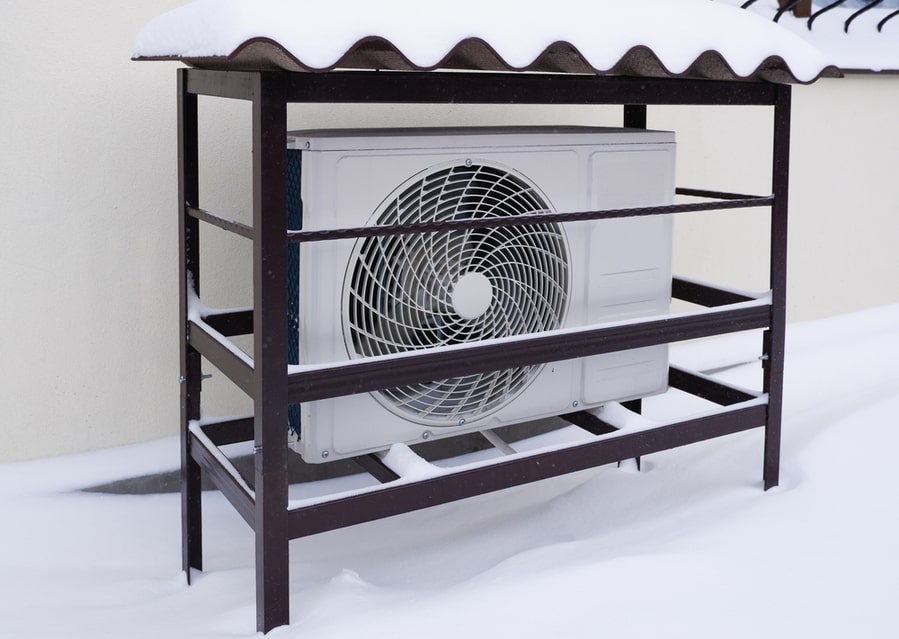
If you are tired of clearing snow from your HVAC in the winter and want relief, buying a protective system will be a great investment.
A protective system helps in protecting your HVAC system and heat pump by catching the snow before it falls on the outdoor system. It adds extra protection for the HVAC system from lethal ice and snow crystals while saving you from extensive labor.
The protective system also saves your HVAC unit from the icicles that often form on the roofs and gutters. These icicles have pointy edges and can act as a sharp knives if hitting the HVAC system, causing serious damage.
You can buy a protective system or build it up yourself if you have some experience with DIY welding projects.
5. Cover Your AC Unit
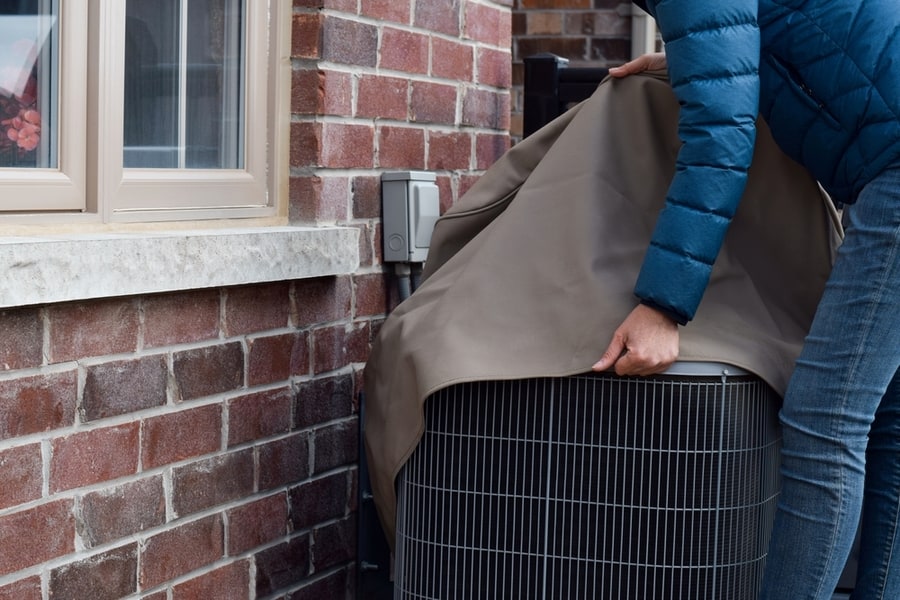
Once summers are gone, and you are sure you no longer need the AC system, you can cover it. It can protect it against many dangerous environmental factors and keep it safe until the next summer season.
Here are some guides that can help you identify the right way to cover your AC unit:
- Buy a cover of breathable material or get it stitched yourself.
- Use a plywood sheet to cover the top of your HVAC system. Put some bricks on top to avoid slipping and keep it in its place.
- Put the cover over the unit and seal it nicely using strips or rope.
Do not cover your HVAC unit with a plastic cover.
Since plastic is a non-breathable material, it will trap the condensation inside the cover and keep it from escaping.
This will result in rusting and molding around the unit and further damage. Moreover, such a cover will provide a living space for insects, and they will rent it out for their residence.
Conclusion
If you are concerned about the dangerous effects of snow and ice on your HVAC unit, you can take proper safety measures to avoid them.
To protect your HVAC unit against snow and ice, you can prevent the buildup of ice and snow around it. Also, you can clear the air intake vent and exhaust from accumulating snow and ice.
Investing in a protective system and HVAC cover can also save you from the labor of clearing ice again and again while also preventing it against the odds of weather.
Make sure you are using a cover of breathable material to cover the unit.
Frequently Asked Questions
Why Should I Cover My Air Conditioner in Winter?
Here are the reasons that emphasize the need to cover your air conditioning unit in the winter.
- Snow Hitting – If uncovered, your air conditioner will have to face live snow hitting its top with a large gravitational force. This can affect the sensitive coil fins and can cause them to stop working when turned on.
- Snow Accumulation – Thin layer of snow accumulation all around your house and vehicles is normal in winter. However, an extraordinarily thick layer can cause extensive damage to the coil fins and your AC unit.
- Water Dripping – Water can drip into the AC unit from the trees and gutters. This can stay in the unit and expand on winter cooling, putting pressure inside the unit. This can prove lethal for the internal system of the AC.
How Can Snow Affect My HVAC System?
Suppose your HVAC system is not protected against the snow. In that case, it can cause corrosion, damage to the internal components of the unit, airflow problems, carbon monoxide poisoning, reduced efficiency, physical and mechanical damage, and more.
Reduced efficiency will lead to high energy bills. In addition, the cost of repairing the unit can also spike high on your budget.
How Can I Clear Ice From My HVAC Unit?
If your outdoor HVAC unit has frozen with ice and snow crystals, you must find a suitable way to unfreeze it.
Since clearing it with a sharp object can be dangerous, you can consider other ways.
If the weather is normal, you can turn off the thermostat and let the fan HVAC run for a few hours. This will help defrost the ice and melt it away.
You can try the hot water method if the weather is still cold and snowy. By pouring hot water on the ice buildup, you can melt it away without causing damage to the unit. You can also use a plastic scraper to clear the ice away from the unit carefully.

